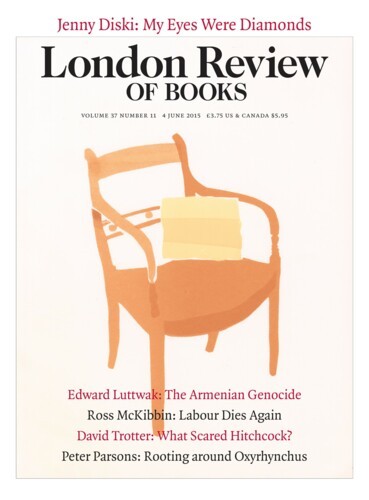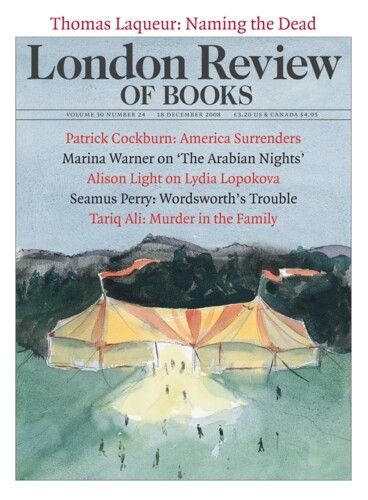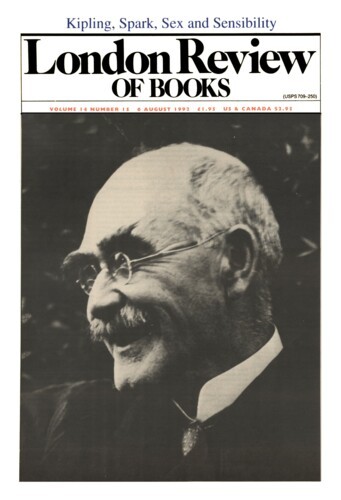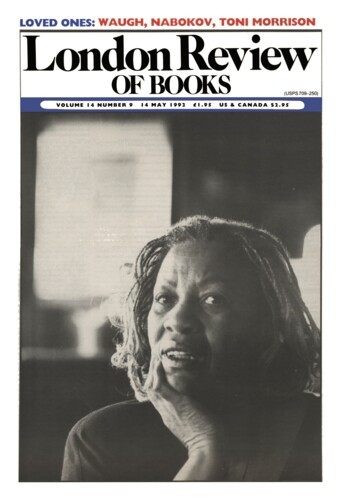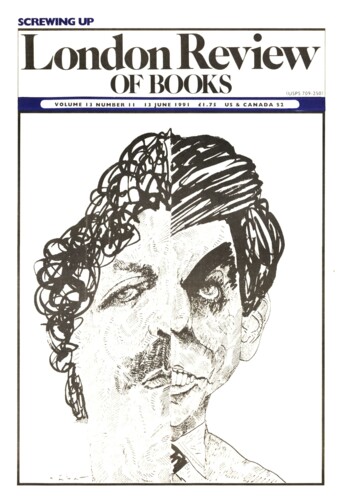Poem: ‘Gatwick’
Craig Raine, 4 June 2015
I Tom Stoppard sold his house in France: ‘I was sick of spending so much time at Gatwick.’
II At the UK Border, I double and treble through the retractable queuing barrier.
Now I have my passport splayed at the requisite page.
She glances, she frowns, she turns it upside down so it can be read by a machine. She stares at a screen.
And then she asks, looking up from her desk:...
